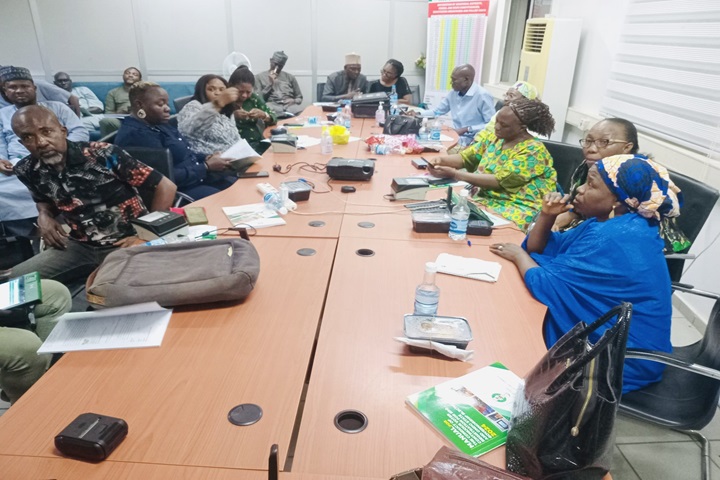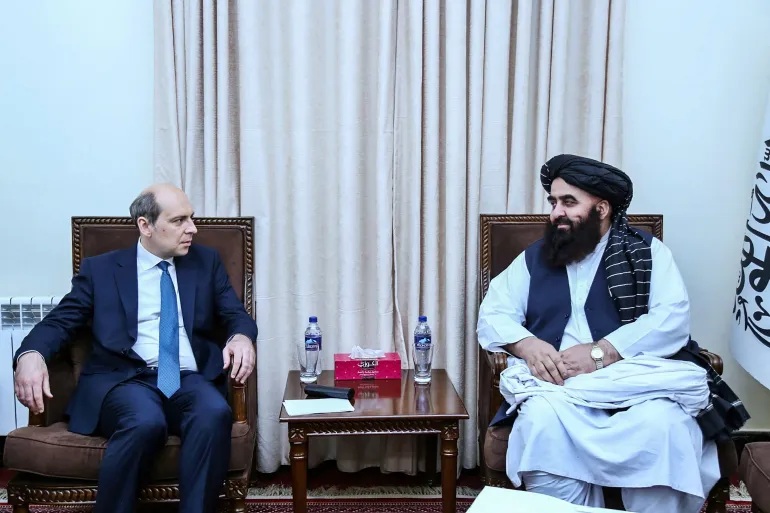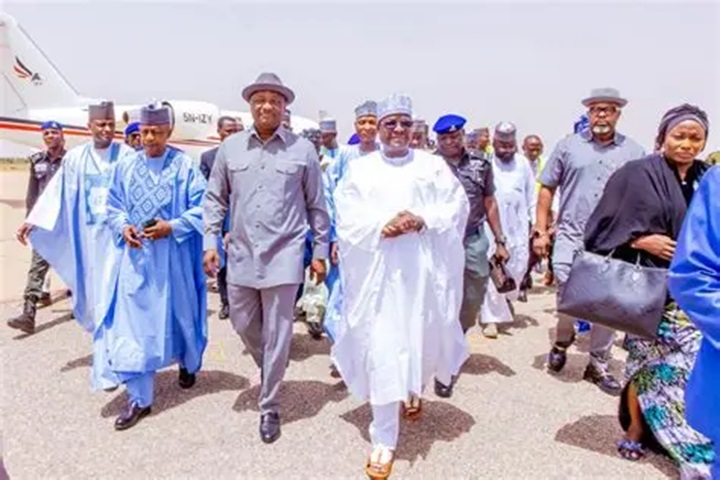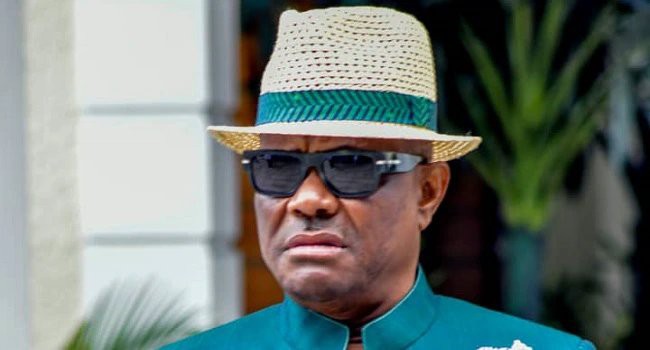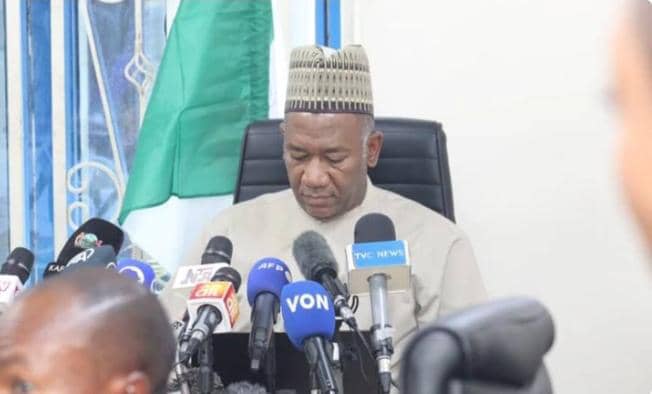Economy
Nigerian Govt reads riot act to cybercriminals, transnational car thieves

President Bola Tinubu has directed security agencies to intensify efforts to combat cybercrime and transnational car theft, vowing to deprive criminals of the benefits of their illicit activities.
In a statement made available to Diaspora Digital Media, released Special Adviser to the President, Bayo Onanuga, said the President has instructed the Economic and Financial Crimes Commission (EFCC), Nigeria Customs Service (NCS), Nigeria Police Force (NPF), and Nigerian Ports Authority (NPA) to collaborate in cracking down on individuals involved in stolen vehicle trafficking.
The move comes after the EFCC recently handed over 53 vehicles and $180,300 to the Royal Canadian Mounted Police (RCMP) on behalf of two Canadian citizens who were victims of cybercrimes perpetrated by Nigerian nationals.
President Tinubu commended the EFCC for its collaboration with international partners, emphasizing the need to protect Nigeria’s economic and financial integrity from organized crime infiltration.
“Nigeria is not a destination for stolen vehicles and a haven for illicit wealth from foreign countries,” President Tinubu stated.
The President also directed anti-corruption agencies to preserve the value of seized and confiscated movable assets for the benefit of the state, society, and victims, in line with existing legislation and international conventions.
This development is seen as a significant step in Nigeria’s fight against cybercrime and transnational organized crime.
Dissecting the issue:
Transnational car thieves and cybercrime pose significant threats to Nigeria’s security and economy.
These criminal networks operate across borders, utilizing advanced technology to steal and export vehicles to Nigeria and other countries.
Nigerian nationals are often involved in these global syndicates, exploiting vulnerabilities in the country’s ports and law enforcement systems.
Cybercrime plays a critical role in these operations, with hackers and fraudsters using online platforms to facilitate vehicle theft, forge documents, and launder proceeds.
This convergence of organized crime and cybercrime undermines Nigeria’s economic integrity, fuels corruption, and compromises national security.
The Nigerian government’s efforts to combat transnational car theft and cybercrime have yielded some successes, including the recent EFCC operation that recovered $180,000 and 53 vehicles stolen from Canadian citizens.
However, challenges persist. Corruption within law enforcement agencies and ports compromises efforts to stem the flow of stolen vehicles.
Additionally, Nigeria’s burgeoning tech industry and growing online presence create opportunities for cybercriminals to exploit.
For Diaspora Digital Media Updates click on Whatsapp, or Telegram. For eyewitness accounts/ reports/ articles, write to: citizenreports@diasporadigitalmedia.com. Follow us on X (Fomerly Twitter) or Facebook



